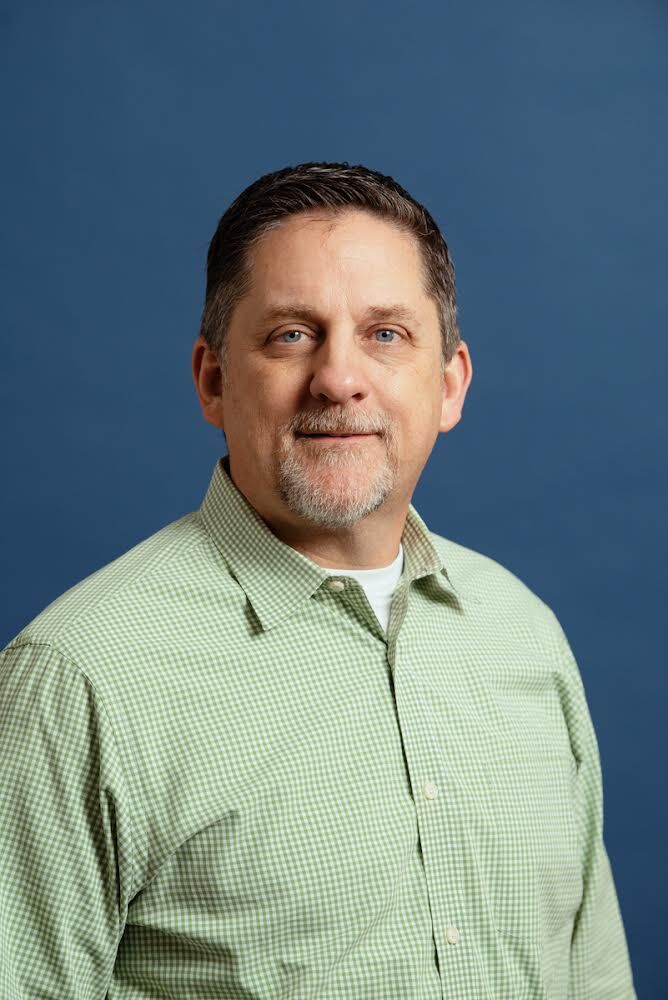A Methodist pastor, former county commissioner and mayor of Kansas City, Kansas, vows to put farmers and ranchers and rural prosperity at the top of his list if he is able to unseat a two-term United States senator.
Mark Holland, the Democratic nominee, will face U.S. Sen. Jerry Moran, a Republican, on Nov. 8. Holland said rural and urban constituents share common needs, including good wages for their work whether they are farmers, businesses, or employees.
He said Moran could have voted for several bipartisan bills to champion such causes but chose partisanship first.
As a senator from a farm state, Holland said he would be an advocate for hearings that address consolidation on inputs producers have to buy such as fuel and fertilizer and also on markets, most notably on livestock.
“Agriculture is still the heartbeat of our state and we need to look forward,” Holland said.
A senator has a responsibility to make sure markets are working and not be passive, he said. A senator should be an advocate and put political pressure on both sides of the aisle to ensure that farmers and ranchers are heard.
Holland said he would continue to support crop insurance as it helps buffer some of the variables farmers face in production cycles. His experience as a mayor helps him to address topics that are uncomfortable, and instead of avoiding them the best approach is to listen and seek solutions.
As growers face more challenges connected with climate change they need to have resources to help them because they feed the world. Holland also noted that farmers and ranchers are the first to recognize the importance of stewardship and have been longtime innovators. They recognize that environmental responsibility is not an either-or scenario but one that requires problem solving.
Problem solving will be required for addressing comprehensive immigration reform because it helps farmers and ranchers with labor needs and also helps the beef packing industry most notably in southwest Kansas, Holland said.
He also says the depopulation of rural areas will continue unless changes occur. He disagreed with Moran, who voted against President Joe Biden’s bipartisan $1 trillion infrastructure bill that brings $3.8 billion to Kansas to help address roads, broadband and climate change. All those are important to Kansans who want higher wages for families and an optimistic future.
Moran said he voted against the bill because its costs were not paid for and would add to the nation’s deficit. Holland said even though it passed without Moran’s support the senator could have signed it to signal a change in future priorities.
“Voting against the infrastructure bill was political malpractice,” Holland said.
Holland was an advocate of taking action to raise the federal minimum wage as he noted it has been at $7.25 an hour since 2009 and he believes it should at least have been indexed over a period of time to help employers who need to recruit and retain employees. Kansas has remained at that level—one of 20 that has kept the same rate as the federal level. A $10 an hour minimum wage, for example, would help struggling families who sometimes need to have at least one of the parents have two jobs just to try to pay rent and provide food for their families. With the inflation rate at above 10% for those needs it hurts low- to moderate-income families.
As a senator he would advocate toning down the rhetoric on culture wars and be a proponent of education and health care in rural and urban areas, which are necessary for economic development.
Holland is a fourth-generation Kansan and third-generation United Methodist Church minister. He is married and is the father of four children ages 16 to 23.
Dave Bergmeier can be reached at 620-227-1822 or [email protected].

